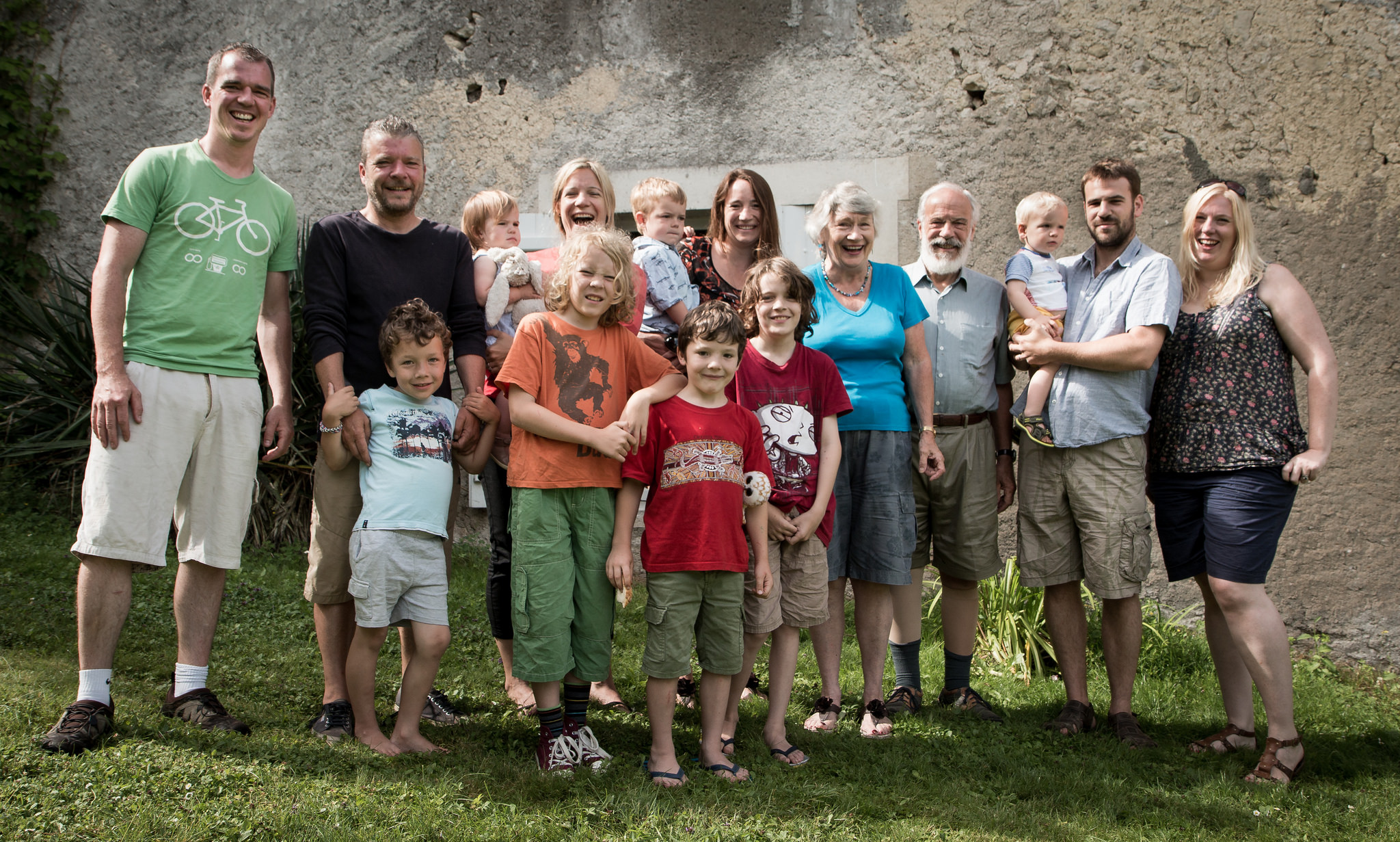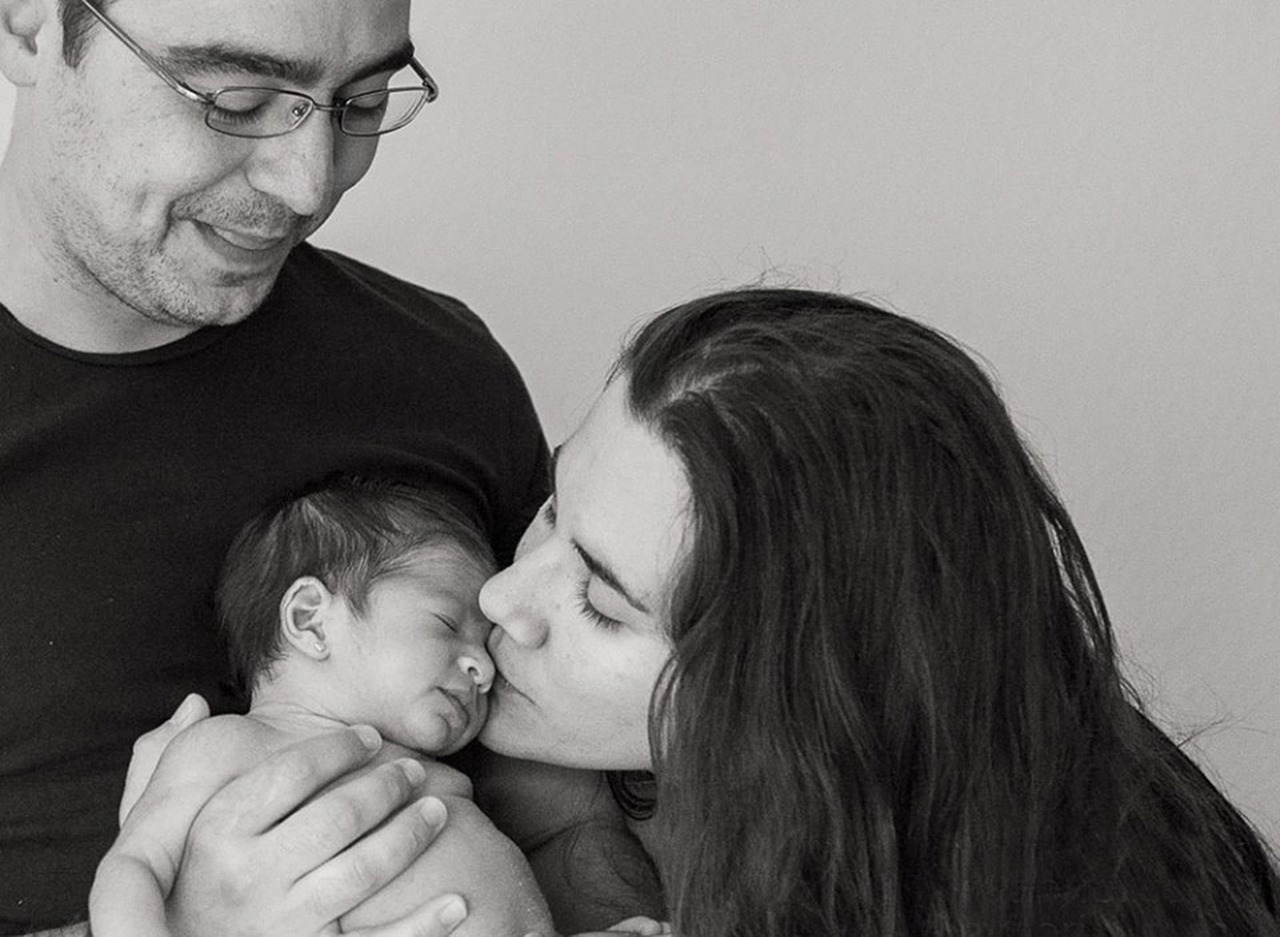

Our family are usually the people closest to us, those we care most about. Family life is not just about legal ties – it goes far deeper than that. It concerns our most important biological, social and emotional relationships.
Under the European Convention on Human Rights, there is a human right to respect for family life. This right takes effect in UK law through the Human Rights Act.

In this context, the word ‘family’ includes the close connection between parents and children. But it goes further than that. It includes adopted children and children born outside of marriage. Its scope is much wider than a ‘traditional family unit’. The right can extend to siblings and grandparents. It can also encompass non-biological ties, such as those between unmarried couples, same-sex parents and their children, and foster families.
The definition of ‘family’ is not a fixed one. Advances in medical techniques and reproductive technology require the law to adapt and keep pace. Social advances embracing, for example, same-sex families and the rights of transgender people also require the law to be flexible and evolve with the times.

Because of the right to respect for family life:
The right to respect for family life protects families at risk of being separated by the state (for example, by removing children into care or deporting a family member). It can help to keep families together or allow them to stay in contact with each other.
Lesbian and gay couples have successfully asserted their right to family life in order to achieve equal treatment with heterosexual couples. In 1998 a French nursery school teacher called ‘EB’ applied to adopt the child of her female partner. The French authorities refused her adoption application because there would be no ‘paternal’ (fatherly) image in the family. EB took her case to the European Court of Human Rights and won: the refusal breached her right to respect for family life in conjunction with her right not to be discriminated against on the ground of her sexual orientation.
In one case, a local authority decided to carry out surveillance on a family because it thought the parents were lying about living in a particular school’s catchment area. Public officials monitored the family at home. They even tailed the family on the school run. Mum, Jenny, said “I felt that my family had been violated”. The surveillance was a breach of their right to respect for their private and family life.
The right to respect for family life can be particularly important in an immigration context because it may assist in determining where someone has a right to live. The courts have said that in these types of case, the factual existence of a ‘family life’ will depend on the circumstances of the individuals involved.

Transgender people have been able to get married in their new gender since 2004. But the relevant legislation is fraught with difficulty and needs amending to better protect the right to family life (see our discussion on this here).
The right to family life recognises surrogacy (where a woman carries a child for other parents). The European Court of Human Rights has confirmed that the best interests of the child are paramount. Surrogacy cases can be complex because surrogates and biological parents may live in different countries, where the laws may be inconsistent. These cases pose tricky issues for the courts.
Families need human rights. Learn more about the right to respect for family life with our infographic poster and our case cards showing what human rights do for families. Take a look at all of our resources on how human rights help families here.